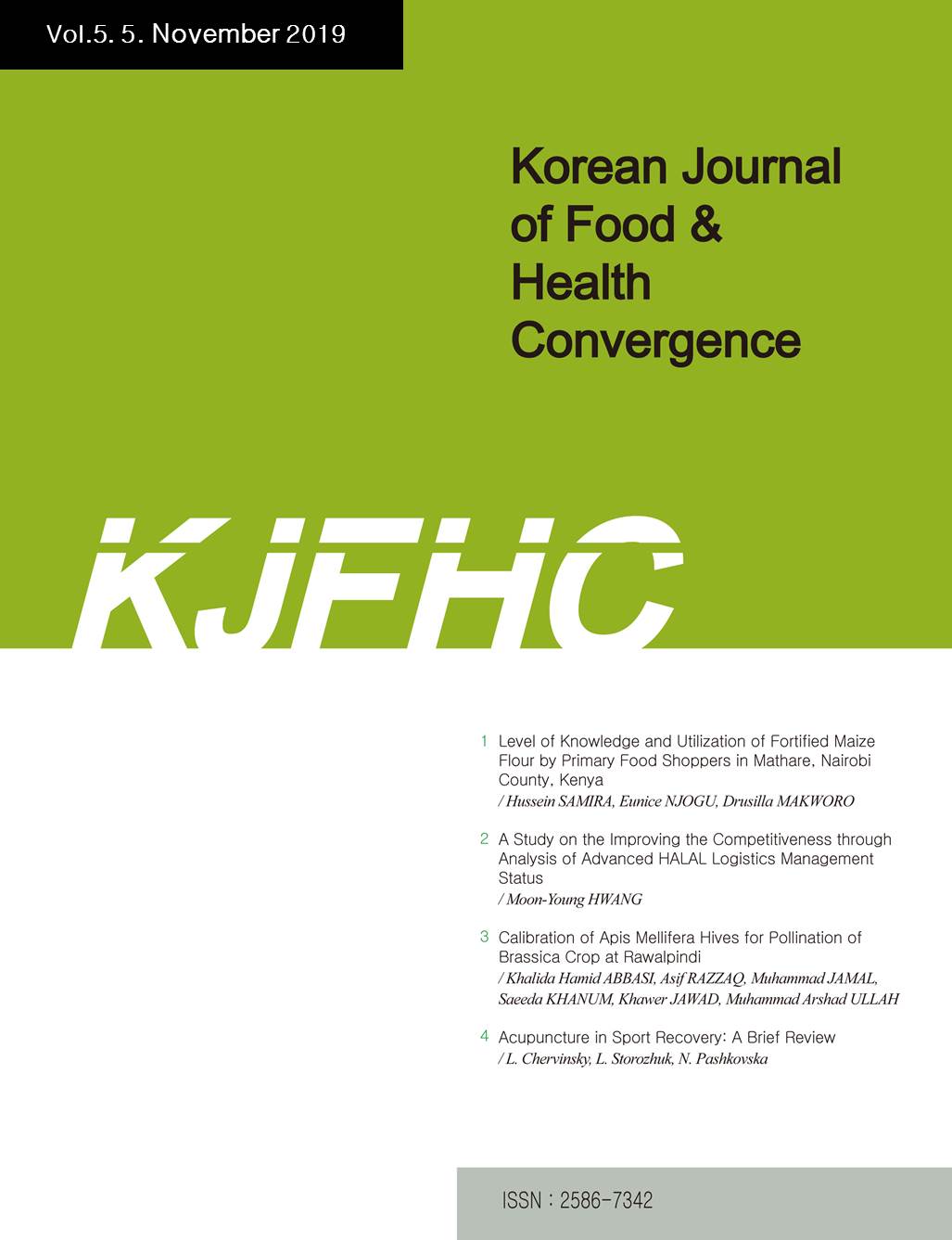 E-ISSN : 2586-7342
E-ISSN : 2586-7342
Culinary Narratives on the Global Stage: Analyzing K-Food's Cultural Capital through Netflix's 'Black and White Chef
Seong-Soo CHA
Abstract
This study examines the representation of Korean cuisine (K-Food) in Netflix's "Black and White Chef: The Culinary Class War," exploring its implications for K-Food's cultural capital in the global culinary landscape. Through qualitative analysis of the show's content, including narrative structure, visual representations, and culinary discourse, we investigate how K-Food's cultural capital is constructed and disseminated through global media platforms. The research draws on theoretical frameworks from cultural studies, media studies, and food studies, particularly Bourdieu's concept of cultural capital and theories of culinary globalization. Our findings reveal a complex portrayal of K-Food that simultaneously reinforces and challenges traditional notions of culinary cultural capital. The show navigates tensions between tradition and innovation, authenticity and adaptation, and local and global identities, reflecting the "glocalization" process in ethnic cuisine globalization. Furthermore, the study highlights how the show's unique 'black spoon' versus 'white spoon' narrative provides insights into the intersection of social class and culinary practices. The research contributes to the growing body of literature on food media and cultural globalization, offering practical implications for culinary professionals, policymakers, and media producers involved in K-Food's global expansion. It also suggests future research directions, including studies of comparative analyses of K-Food representations across various media platforms.
- keywords
- K-Food, Cultural Capital, Netflix's Black and White Chef, Culinary Globalization, Food Media Representation
- 47Downloaded
- 107Viewed
- 0KCI Citations
- 0WOS Citations
